Flying with a Mental Health Condition
Comprehensive Guide
Jump to Section
-
- Depression
- Generalised Anxiety Disorder (GAD)
- Panic Disorder
- Social Anxiety Disorder
- Obsessive-Compulsive Disorder (OCD)
- Specific Phobias
- Post-Traumatic Stress Disorder (PTSD)
- Eating Disorders
- Bipolar Disorder
- Schizophrenia
- Schizoaffective Disorder
- Borderline Personality Disorder (BPD)
- Other Personality Disorders
- ADHD
- Autism Spectrum Disorder (ASD)
- Dementia and Cognitive Impairments
Anxious, panicky, or having a wobble? Click here for support
If you are in crisis or feel a panic attack coming on, here are some quick tools you can use right now to steady yourself or support a loved one:
- Breathing: Try the 4-7-8 method – breathe in for 4 seconds, hold for 7, out for 8.
- Grounding: Name 5 things you see, 4 you touch, 3 you hear, 2 you smell, 1 you taste.
- Muscle Relaxation: Tense your shoulders for 5 seconds, then release. Repeat with hands, jaw, or legs.
- Visualisation: Picture a safe place – the beach, a favourite walk, or sitting at home with someone you trust.
- Mantra: Silently repeat: “This will pass. I am safe.”
- Hydration: Sip some water slowly to calm your system.
- Movement: If you can, stand up, stretch, or walk a few steps.
If you feel unsafe or unable to cope, call for help: UK: Dial 111 or 999 in an emergency. Europe (most countries): Dial 112. USA & Canada: Dial 911. Australia & New Zealand: Dial 000. Worldwide: If in doubt, dial the local emergency number for Ambulance services.
General Travel Tips for Mental Health
- Plan ahead: Research your destination and flight, and allow plenty of time for each step.
- Stick to routines: Sleep, medication, and meals should remain consistent where possible.
- Avoid alcohol or excessive caffeine: These can worsen anxiety or mood swings.
- Pack enough medication: Keep it in your hand luggage with a doctor’s note if possible.
- Have the right travel insurance: It must cover mental health conditions and repatriation.
- Seek help early: Don’t wait. Reach out to travel companions, local medical services, or even the UK consulate if needed.
Fitness to Fly for Mental Health Conditions
Before flying with a mental health condition, it’s important to understand how airlines assess “fitness to fly” — especially if your condition could affect safety, communication, or distress levels during the flight. While many travellers fly without any issues, some airlines may request documentation or support plans in advance.
You may be asked for a letter from your clinician confirming your current condition, treatment plan, and that you’re fit to travel. This is especially relevant for conditions like severe anxiety, recent psychiatric admission, bipolar episodes, or if you’re travelling alone with known support needs.
In some cases, a commercial medical escort may be recommended — not as a restriction, but to ensure your comfort and safety. Our mental health-trained escorts can travel alongside you, manage medications, de-escalate anxiety, and provide clinical reassurance at every stage.
For a full explanation of fitness to fly in medical air travel, including mental health-specific examples, visit our detailed guide here:
Understanding Fit to Fly in Medical Air Travel.
Related reading:
For more on how we support complex cases, including emergency returns and psychiatric support abroad, read our in-depth article on
Mental Health Patient Repatriation.
Mood & Anxiety Disorders
Depression
Travelling with depression can be daunting – low energy, disrupted sleep, and changes in routine may amplify depressive symptoms. You might also worry about losing motivation on the trip or feeling isolated away from your support network. The key is to anticipate these challenges and plan supportive measures in advance.
- Maintain Routine & Self-Care: Keep daily structure. Sleep, meals, and light exercise are crucial even on holiday. Avoid over-scheduling.
- Manage Triggers: Choose low-stress destinations. Bring comforting items like music or books and stay in touch with loved ones.
- Travel Companions & Support: Travel with someone you trust, or check in regularly with someone if travelling alone.
- Medication & Safety Plan: Pack meds in your carry-on with extras and a doctor’s note. Have a safety plan if symptoms worsen.
Remember: People with depression can travel and enjoy it. Preparation and grace go a long way — and professional travel escorts are available if needed.
Generalised Anxiety Disorder (GAD)
For those with GAD, constant worry and overthinking can make air travel stressful. Here’s how to manage it:
- Thorough Planning: Arrive early. Use travel apps. Avoid rushing and map out your itinerary.
- Coping Strategies: Bring calming tools like breathing apps, grounding items, or herbal tea bags.
- Limit Triggers: Avoid caffeine and alcohol. Choose quiet areas or wear noise-cancelling headphones.
- Support: Tell companions or flight crew. Having someone check in can reduce anxiety.
- Professional Help: Speak to your GP. Emergency meds or therapy tools can help you feel prepared.
With proactive strategies, you can prevent anxiety from spiralling. You’ve got coping skills packed – and you’re stronger than your anxiety.
Panic Disorder
Panic disorder often triggers fear of being “trapped” mid-flight. Preparation helps break this cycle.
- Pre-Flight Practice: Rehearse techniques like grounding or breathing exercises before flying.
- Seat Choice: Aisle seats offer more freedom. Window seats may provide distraction. Wing seats = smoother ride.
- During a Panic Attack: Use long exhales, visualisation, or distracting media to ground yourself quickly.
- Communication: Let flight staff know — they can support you. Step into quiet spaces if needed.
- Medication: Keep emergency meds easily accessible — not in checked or overhead luggage.
- Aftermath: Panic attacks pass. You did it. Be proud and reflect positively afterwards.
Each flight is proof you can manage panic. Support is available, even through trained medical escorts if you prefer not to fly alone.
Obsessive-Compulsive Disorder (OCD)
Flying can disrupt routines and increase OCD triggers. Use practical strategies and therapeutic tools:
- Plan Smart: Pack wipes if needed, but use them once only. Take photos of things like locked doors for reassurance.
- Mini Exposures: Intentionally skip one compulsion before travel. Accept discomfort and let it pass.
- In-Flight Coping: Use breathing tools, calming media, or rational reminders: “This is OCD talking.”
- Comfort vs. Compulsions: Bring calming objects — but avoid “lucky” items or excessive travel kits that fuel obsession.
- Travel Partners: Tell someone you trust. Let them help limit rituals and support you through moments of doubt.
Travel supports your life goals — not OCD’s demands. Every flight is a small but meaningful victory over OCD.
Specific Phobias (Fear of Flying, Claustrophobia, etc.)
Fear of flying (Aerophobia) is one of the most common travel-related phobias. This fear can stem from various triggers including turbulence, confined spaces, heights, or the lack of control during air travel. Related phobias like claustrophobia or agoraphobia can make the experience more intense. Here are strategies to help:
- Education & Rational Reframing: Learn how flying works. Understand turbulence is normal and planes are built for it. Consider fear-of-flying courses or aviation documentaries to reframe the experience.
- Gradual Exposure: Avoidance reinforces fear. Try visiting an airport, taking a short flight, or using VR simulators to get used to flying in stages.
- In-Flight Coping Techniques: Use deep breathing, grounding, muscle relaxation, and distraction (music, movies). Walk around mid-flight to ease claustrophobia.
- Environmental Comforts: Aisle seats, soft items, essential oils (if allowed), and noise-cancelling headphones can all reduce stress.
- Professional Help: Therapy (especially CBT), exposure therapy, and as-needed medication prescribed by a doctor can help you manage severe phobias.
Each successful flight chips away at the fear. Progress, not perfection, is the goal — and support is available every step of the way.
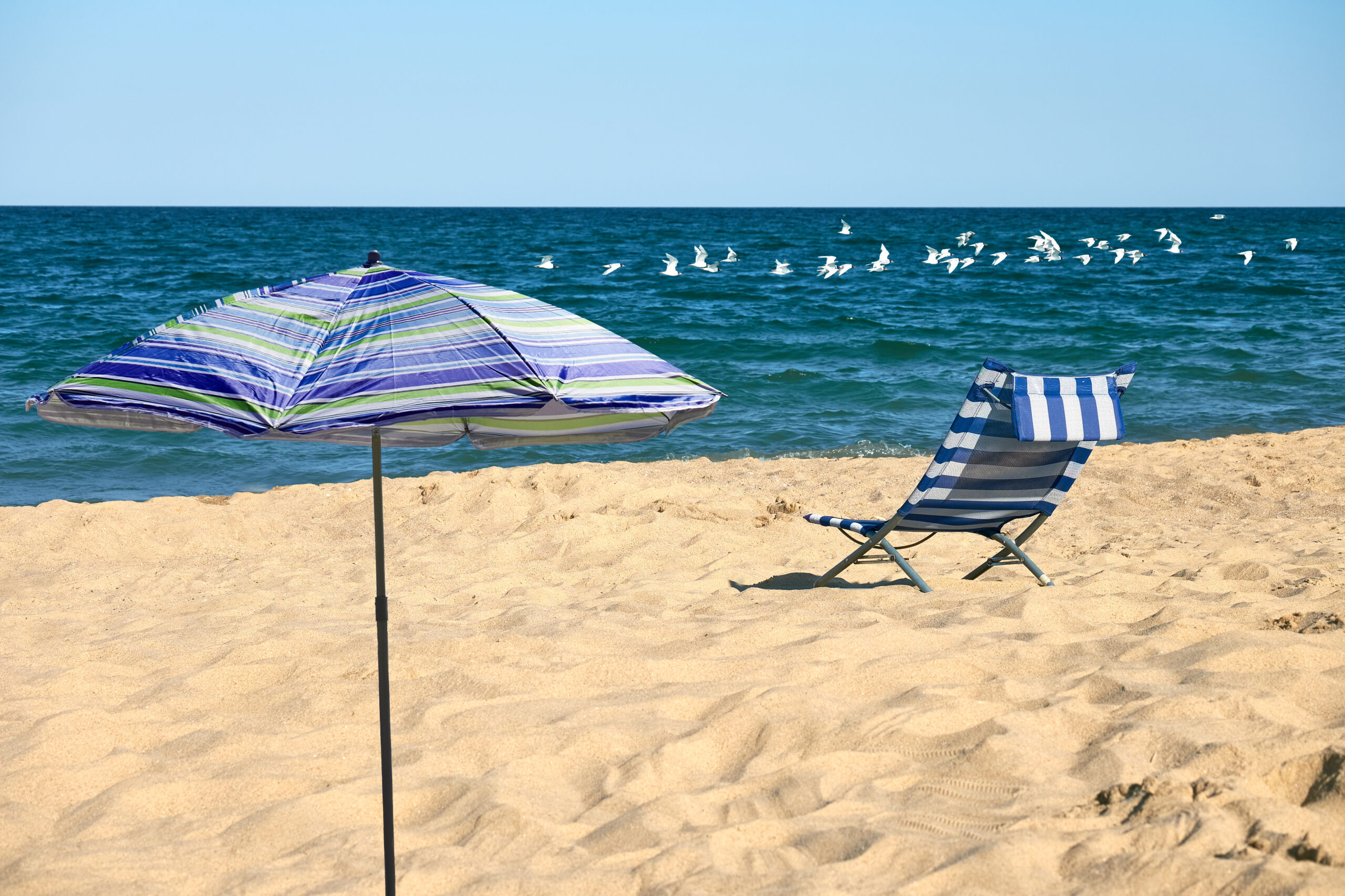
Trauma & Stressor-Related Disorders
Specific Phobias (Fear of Flying, Claustrophobia, etc.)
Fear of flying (Aerophobia) is one of the most common travel-related phobias. This fear can stem from various triggers including turbulence, confined spaces, heights, or the lack of control during air travel. Related phobias like claustrophobia or agoraphobia can make the experience more intense. Here are strategies to help:
- Education & Rational Reframing: Learn how flying works. Understand turbulence is normal and planes are built for it. Consider fear-of-flying courses or aviation documentaries to reframe the experience.
- Gradual Exposure: Avoidance reinforces fear. Try visiting an airport, taking a short flight, or using VR simulators to get used to flying in stages.
- In-Flight Coping Techniques: Use deep breathing, grounding, muscle relaxation, and distraction (music, movies). Walk around mid-flight to ease claustrophobia.
- Environmental Comforts: Aisle seats, soft items, essential oils (if allowed), and noise-cancelling headphones can all reduce stress.
- Professional Help: Therapy (especially CBT), exposure therapy, and as-needed medication prescribed by a doctor can help you manage severe phobias.
Each successful flight chips away at the fear. Progress, not perfection, is the goal — and support is available every step of the way.
Post-Traumatic Stress Disorder (PTSD)
PTSD can be triggered by the unpredictability of travel, from airport noise to invasive security checks or loud in-flight sounds. With preparation, travel is still possible — even empowering.
- Know Your Triggers: Make a list of sights, sounds, and situations that might be triggering. Plan responses in advance — e.g., noise-cancelling headphones for loud environments or private screening requests at security.
- Grounding Tools: Bring sensory aids like mints, essential oils, a grounding object, or use the 5-4-3-2-1 technique to stay present if flashbacks occur.
- Safe Zones & Seating: Choose a seat that feels safest (aisle for mobility, window for visual isolation). Set up your area to feel comforting and private.
- Therapy Tools: Use affirmations or CBT-based self-talk cards. Mindfulness exercises, breathing techniques, or trauma-informed meditations can be calming in stressful moments.
- Travel Companions or Escorts: If traveling alone increases distress, consider flying with someone you trust or hiring a professional travel nurse or medical escort for peace of mind.
Choosing to fly with PTSD is brave. Each successful journey can be a step toward reclaiming safety and confidence in the world. You’re not alone — and you’re stronger than you think.
Bipolar & Psychotic Disorders
Bipolar Disorder
Travel can be destabilising for people with bipolar disorder due to routine disruption, excitement, and sleep pattern changes. Both manic and depressive episodes may be triggered — either by overstimulation or by exhaustion. Ensuring stability before you fly is essential.
- Protect Sleep: Avoid red-eye flights. Use sleep aids, masks, and earplugs. Try to keep a consistent sleep-wake pattern across time zones.
- Medication Management: Adjust timing carefully when changing time zones. Carry extra meds in your hand luggage with clear labels and a doctor’s note.
- Avoid Triggers: Watch for signs of mania (racing thoughts, over-socialising) or depression (low energy). Maintain meal routines and rest periods.
- Choose Destinations Wisely: Avoid extreme time-zone jumps or high-altitude locations if sensitive. Plan decompression time on arrival.
- Have a Crisis Plan: Bring a medical summary, emergency contacts, and confirm travel insurance covers mental health. Share your plan with a trusted travel companion if possible.
With safeguards in place, travel can lift mood and confidence. You deserve adventure — just pack your structure along with your suitcase.
Schizophrenia
Flying with schizophrenia requires careful preparation to reduce relapse risk. Stress, fatigue, or overstimulation can trigger symptoms like hallucinations or delusions. But with stability, insight, and a structured plan, many people with schizophrenia travel safely and often.
- Doctor’s Approval: Check you’re stable and fit to fly. Get a medical letter with diagnosis, meds, and emergency instructions.
- Medication First: Keep all meds in your carry-on. Bring double supplies if possible. Never miss a dose — set alarms for new time zones.
- Minimise Stress: Choose simple itineraries. Use airport special assistance. Travel with a companion if you can.
- Manage Triggers: Use sunglasses, earplugs, or calming routines to manage sensory overload. Avoid alcohol and always follow prescribed medication schedules.
- Emergency Preparedness: Carry ID with your condition, contact info, and medical history. Know how to call local emergency services and British consulates abroad.
Flying with schizophrenia is absolutely possible. There is no shame in planning extra support — and medical professionals are used to these situations. You are not alone.
Schizoaffective Disorder
Schizoaffective disorder includes a combination of mood disorder symptoms (like depression or mania) and symptoms of psychosis (such as hallucinations or delusions). Travel can increase stress and disrupt routines — but with clear planning, it doesn’t need to be avoided.
- Balance Routine & Flexibility: Keep regular meds, meals, and sleep. Allow flexibility to avoid added stress if plans shift.
- Coordinate with Healthcare: Have clear med plans for time zone changes. Carry both mood and psychosis PRN meds with instructions.
- Use Trusted Companions: Share signs to watch for and how to support you if symptoms start. Have daily check-ins if travelling alone.
- Write It All Down: Keep your schedule, contacts, and emergency plans printed or in your phone. It’s easy to forget details under stress.
- Plan for Emergencies: Bring medical summaries and check your insurance covers mental health. Share your relapse prevention plan if available.
This diagnosis doesn’t define your ability to explore the world. With the right tools, travel can be safe, empowering, and even healing.
Trusted Service
Travelling with Confidence
Flying with a mental health condition isn’t simply about getting from A to B, it’s about feeling safe, respected, and supported every step of the way. Many of our clients tell us that what made the biggest difference was having someone beside them who understood their situation and could quietly take care of the details.
Our medical escorts are there to do just that. Whether it’s managing medication schedules, creating calm when anxiety strikes, or simply being a steady presence throughout the journey, the goal is always the same: to make travel not just possible, but bearable, even empowering.
If you or a loved one are considering a journey but feel uncertain, know that you don’t have to face it alone. A personalised plan and the right support can transform what feels overwhelming into something achievable.
Speak to our clinical team about tailored travel supportPersonality Disorders & Eating Disorders
Personality Disorders & Eating Disorders
Click each title below to expand travel advice for that condition.
Eating Disorders
Flying with an eating disorder (ED) can challenge routines and trigger anxiety about food, body image, and control. Different EDs — like anorexia, bulimia, or binge eating disorder — may pose different risks, but all require thought and planning. Changes to structure, eating times, or body sensations can feel overwhelming while in recovery. But with thoughtful strategies, travel is absolutely possible — and even empowering.
- Meal Planning: Research airline meals and bring safe snacks. Stick to your meal schedule, even in transit. Avoid long gaps to prevent binge urges or blood sugar crashes.
- Manage Bloating & Hydration: Cabin pressure can cause bloating. Drink water, avoid fizzy drinks, wear loose clothing, and remind yourself it’s temporary and normal.
- Handle Urges: Structure your time with distractions (apps, books). Delay any binge or purge urge with mindfulness or puzzles. Talk to a travel companion if you need support.
- Self-Care Tools: Bring affirmations, letters from loved ones, or therapy tools. Use grounding techniques if body image spirals start mid-flight.
- Medical Safety: Speak to your doctor before travel, especially if underweight or recently unwell. Wear compression socks if needed, carry medical info, and ensure insurance covers ED support.
Travel can be a milestone in ED recovery. Prepare with care, lean on your tools, and let the experience remind you of your strength — and your right to see the world.
Borderline Personality Disorder (BPD)
Travel can trigger emotional dysregulation, abandonment fears, and impulsivity in those with BPD — but it’s still possible with structure and support.
- Soothing & Structure: Pack a coping kit (stress ball, music, DBT skills). Use breathing, cold water, or movement to manage intense emotions.
- Prepare for Triggers: Travel delays or disconnected feelings may feel overwhelming. Use distress tolerance skills and plan check-ins with loved ones.
- Watch Impulses: Avoid alcohol or reckless decisions. Set budget limits and leave harmful items behind. Use coping alternatives like journaling or art.
- Communicate: Let a companion or flight staff know you’re feeling anxious. Even a simple “I’m struggling a bit” opens the door for support.
- Therapy Support: Have a plan for if urges or emotions escalate. Keep crisis contacts handy, and use affirmations to remind yourself you’re coping well.
Travel with BPD can be emotional, but also beautiful. With preparation, your trip can be a chance to build resilience and create joyful memories.
Other Personality Disorders
Travel challenges vary across personality disorders. With self-awareness and planning, these trips can still be manageable — even empowering.
- Avoidant: Use noise-cancelling headphones, arrive early, and practise small social exposures. Remember: strangers aren’t judging you as much as you think.
- Dependent: Make step-by-step travel plans in advance. Carry reassurance via scheduled calls or detailed lists to guide decisions while solo.
- Narcissistic: Delays or lack of “VIP” treatment might trigger irritation. Reframe setbacks with gratitude and empathy. Focus on experiences, not recognition.
- Antisocial: Authority resistance can spike at airports. Think of travel as a game: follow the rules and avoid confrontation. Stay calm, and use physical outlets for agitation.
- Paranoid: Research scams and airport procedures ahead of time. Rationalise fears with facts and stay in contact with trusted people.
Knowing your traits helps you adapt. Don’t hesitate to use mental health tools or even travel with a trained companion if it helps you feel safe and successful.
Neurodevelopmental & Cognitive Conditions
Neurodevelopmental & Cognitive Conditions
Click each title below to expand travel advice for that condition.
ADHD
Travel with ADHD can be both thrilling and chaotic — novelty is great, but organisation and patience? Not so much. Here’s how to fly without losing your mind (or your boarding pass).
- Plan Ahead (Seriously): Use checklists, phone reminders, and packing cubes. Break tasks into small wins. “Pack meds” shouldn’t be the last-minute panic at 3am.
- Fight Restlessness: Choose an aisle seat to move. Bring fidget tools, puzzles, music, and rotate activities every 20 minutes if needed. Hyperfocus is a tool — use it.
- Med Timing: Ask your doctor how to adjust doses if flying across time zones or if sleep is a goal. Carry meds with prescriptions, especially internationally.
- Snack Smart: Protein snacks, water, and avoiding sugar crashes help with focus and mood. Set food alarms if you forget to eat when distracted.
- Own Your Strengths: ADHD brains love novelty and quick thinking. Use travel time to enjoy immersive content or brainstorm ideas. You’ve got energy — put it to work.
Travel doesn’t have to be perfect to be brilliant. Structure the boring bits, and let your natural spark handle the rest.
Autism Spectrum Disorder (ASD)
Flying with autism can present sensory and routine challenges — but it can be done smoothly with the right strategies and support.
- Preview the Process: Use social stories, airport videos, or mock visits to familiarise with each travel step. Create a simple visual schedule to follow.
- Airport Support: Use a Sunflower Lanyard or request special assistance for reduced noise exposure and pre-boarding. Ask if quiet rooms are available.
- Manage Sensory Needs: Bring headphones, sunglasses, comfort items, or scent masks. Avoid duty-free areas if overwhelming. Pack preferred snacks and activities.
- Communicate Needs: Inform crew discreetly. Explain specific needs or behaviours that might arise. For kids, a card for seat neighbours can help too.
- Routine & Flexibility: Maintain calming rituals and build in extra time. Use reward systems or reinforcements for cooperation. Expect minor changes and prep for them calmly.
Neurodivergent travellers deserve good experiences. Plan it your way, and don’t hesitate to ask for support — it’s your right.
Dementia and Cognitive Impairments
Air travel with dementia requires careful planning and support — but many families do it successfully. While early-stage dementia may allow for more independence, later stages often require one-to-one assistance. The key is safety, comfort, and calm consistency.
- Medical Fit-to-Fly: Consult a doctor before flying. Get a medical summary and confirm the passenger is stable and safe to fly.
- Always Travel with a Companion: Someone familiar should be present to help with orientation, meals, toileting, and reminders.
- ID and Communication: Wear an ID bracelet or carry cards stating the condition and emergency contacts. Inform the airline and crew discreetly.
- Familiarity & Comfort: Bring soothing items like favourite clothes, snacks, or music. Avoid layovers or complex routes. Use assistance services at airports.
- Hydration & Toilets: Encourage regular fluids. Monitor toilet use. Accidents can be prevented with gentle reminders and comfort planning.
- Medication Effects: Be aware that some medications may cause drowsiness, confusion, or agitation during the flight. Keep doses consistent and monitor responses closely.
- Legal & Emergency Preparedness: Keep all meds in hand luggage. Carry doctor’s letter, list of meds, Power of Attorney documents, and ensure insurance covers dementia-related needs.
Travel is possible with the right support. Inclusion, dignity, and thoughtful preparation allow people with dementia — and their loved ones — to experience the world together.
For a deeper look at what flying with dementia involves — from safety considerations to carer strategies and legal permissions — see our dedicated article:
Can You Fly with Dementia?
Documentation & Pre-Flight Checklist
Preparing well before you fly with a mental health condition helps reduce stress and avoids last-minute complications. Below is a practical checklist of what to bring and organise before your journey:
- Valid passport and travel documents
- Fitness to fly letter (if requested by the airline)
- Clinician’s summary of condition and current treatment
- Full list of medications (generic names + dosages)
- Extra supply of medication in hand luggage
- Insurance policy covering mental health conditions
- Emergency contacts and next of kin details
- Comfort items (noise-cancelling headphones, eye mask, sensory aids)
- Details of onward medical or care arrangements
- Contact info for SkyCare or your medical escort
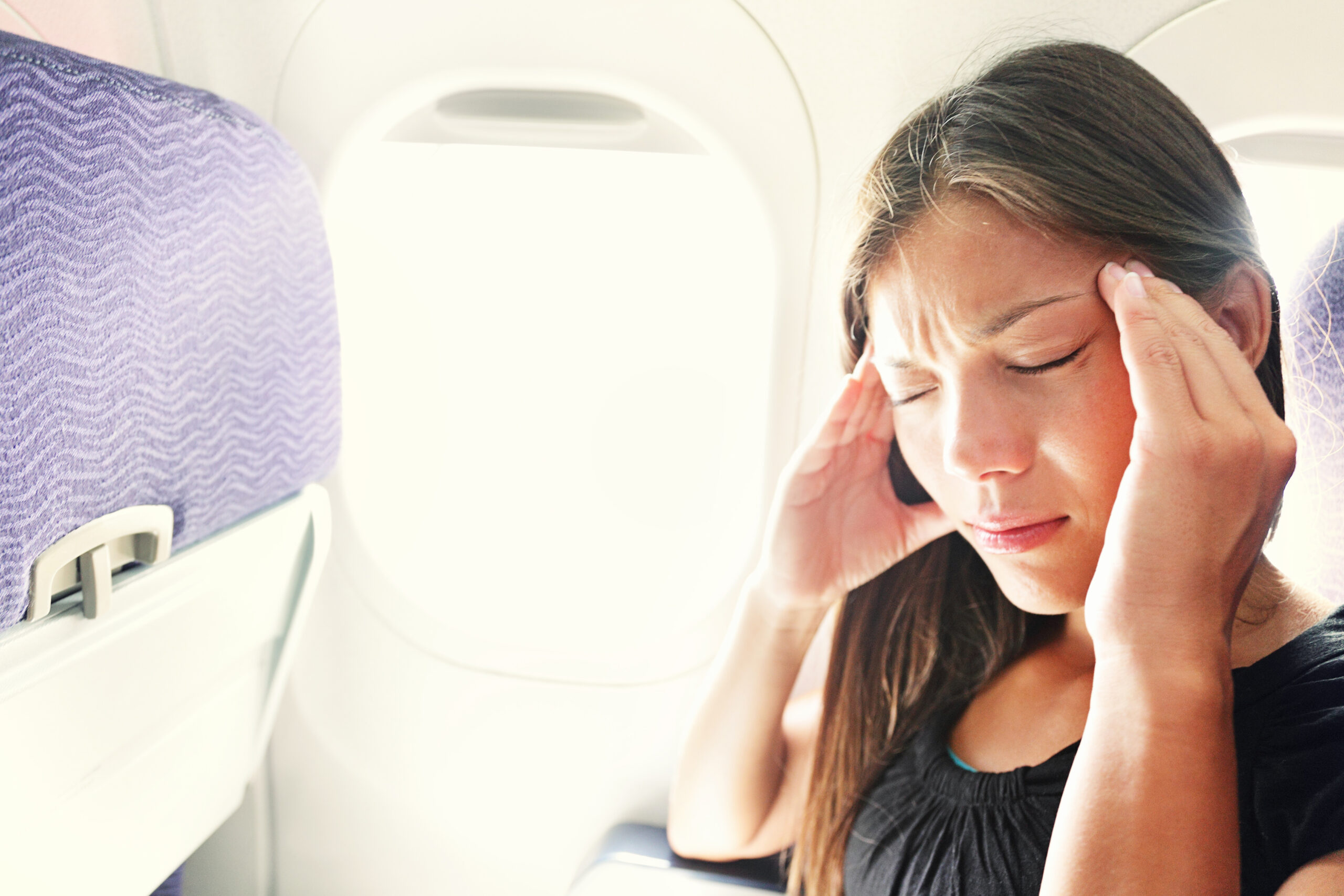
A Patient’s Experience
Recently, we supported a young woman who found herself unable to return home after a difficult relationship breakup. The emotional impact caused a flare-up of anxiety, depression, and PTSD symptoms, along with panic attacks that made travelling feel overwhelming. She also lives with autism, ADHD, and other complex medical conditions including ME/CFS, POTS, and autoimmunity, which added to the challenges of the journey.
Our role was not only to make the journey medically safe, but also emotionally manageable. We worked closely with her, creating a system that allowed her to travel step by step at her own pace. With reassurance, calm planning, and consistent support, the journey became not just possible, but a milestone of strength for her and her loved ones.
“Craig, thank you so much for these words — they mean the world to me! Your support throughout this journey has been incredibly important. Thank you for sharing the burden with me — you are a literal angel that showed up just when I needed you and I will be forever grateful! It was really lovely meeting you too and my whole family are absolutely in love with you!”
Stories like this remind us that medical repatriation is about far more than transport. It’s about dignity, compassion, and giving people the strength to move forward, no matter how complex the circumstances.
Flying with a Mental Health Condition – Frequently Asked Questions
Airlines cannot refuse you just because you have a mental health condition. What matters is whether you are currently stable, safe to travel, and able to manage the journey without posing a risk to yourself or others. For example, someone flying with well-managed anxiety or depression usually needs no special clearance at all.
However, if you have recently been admitted to hospital, experienced a crisis episode, or your condition is not under control, an airline may request a fitness to fly certificate from your doctor before boarding. This is not discrimination, it’s part of their duty of care to keep you and other passengers safe.
If you’re unsure, our clinical team can liaise directly with the airline as part of your SkyCare service package, ensuring the correct documentation is in place and your journey runs smoothly.
No, most travellers with a mental health condition do not need a certificate. Airlines usually only request one in situations such as:
- Recent psychiatric admission
- Medication changes within the last few weeks
- Known risk of relapse, self-harm, or severe distress inflight
- If you are travelling alone with significant support needs
In these cases, your clinician will provide a short letter confirming if you are fit to travel. For SkyCare clients, our clinical team can guide you through the process and prepare everything the airline requires. For more detail, see our full guide:
Understanding Fit to Fly in Medical Air Travel.
Yes, and many people do. Conditions such as anxiety, depression, or ADHD often pose no barrier to travelling independently, especially if they are well managed. That said, if you know that airports, security checks, or long flights trigger your symptoms, having a companion or medical escort can make the journey far less stressful.
The decision comes down to how confident you feel managing your condition in an unfamiliar environment. If there is any doubt, SkyCare clients can arrange tailored support so you never feel isolated or overwhelmed during your journey.
No — your medical information is always confidential. In the UK, this is protected by the Data Protection Act 2018 and UK GDPR, which treat health details as highly sensitive, and by the Caldicott Principles, which guide how health organisations share information responsibly.
Airline staff will only ever be told the minimum they need to know to keep you safe* and comfortable. For example, if you require quiet seating, help storing medication, or reassurance during turbulence, the crew may be discreetly briefed — but your diagnosis itself is never disclosed without your consent.
Other passengers will not be aware unless you choose to share. At SkyCare, we apply the same strict standards of confidentiality, ensuring your privacy and dignity are always protected.
*These confidentiality protections apply under UK law. Other countries may follow different regulations, so if you are flying internationally we recommend checking local requirements in advance.*
Cabin crew are trained to handle medical events, including panic attacks. They can move you to a quieter seat, help with breathing techniques, and provide reassurance. If you are travelling with a SkyCare medical escort, they can guide you through grounding strategies, manage medication if needed, and ensure the situation is handled calmly.
It is also a good idea to prepare in advance: bring coping tools such as headphones, apps, or sensory aids, and practise calming exercises before boarding. Knowing there is a plan in place often reduces the chance of symptoms escalating.
A medical escort is worth considering if:
- You have a history of panic attacks or psychiatric relapse during travel
- Your clinician recommends professional support
- You are taking multiple medications with strict schedules
- You have cognitive conditions such as dementia, where confusion may increase inflight
- You simply want peace of mind for yourself and your family
Travelling with a mental health–trained escort is not a sign of weakness — it is an added layer of safety and comfort. For SkyCare clients, our discreet escorts combine clinical expertise with compassionate reassurance, so your journey feels calm from take-off to landing.
For many people with mental health conditions, the flight itself is manageable — it’s the crowded airport terminals and long security lines that cause the most distress. The good news is that many large international airports offer VIP services that provide a much calmer experience.
In London, this means you don’t even enter the main terminals at Heathrow or Gatwick. Instead, you arrive at a completely separate private building where you’ll check in discreetly, pass through your own security screening, and relax in a luxury lounge before being driven directly to the aircraft.
It’s the same route used by the rich and famous and our VIP clients, so while we can’t guarantee it, you might even find yourself spotting a movie star in the lounge. More importantly, this service removes the hustle and bustle of the terminal, giving you space, calm, and privacy.
At London Heathrow and Gatwick, prices start from around £900 for each guest. SkyCare can arrange these VIP airport services for our clients, and we can also check availability at your destination airport.
Let our expert medical team support you — from takeoff to touchdown.
Ready to travel, but want peace of mind?
If you’re living with a mental health condition, the thought of flying alone can be overwhelming. You’re not weak, and you’re not alone — it’s smart to prepare and get the right support.
At SkyCare, we provide discreet, highly trained medical escorts who specialise in psychiatric and psychological care. Whether you’re dealing with anxiety, bipolar disorder, PTSD, or complex needs, our team can accompany you on any journey — from short-haul flights to international relocations.
You’ll have a calm, qualified professional by your side from departure to arrival — managing medication if needed, liaising with airline staff, and stepping in if distress arises. We’ve supported hundreds of travellers just like you.
Speak to our clinical teamFeedback
What our clients say.
Accreditations
AOC (Oriens Flight Operations) #2480

British Business & General Aviation Association


 SkyCare
SkyCare 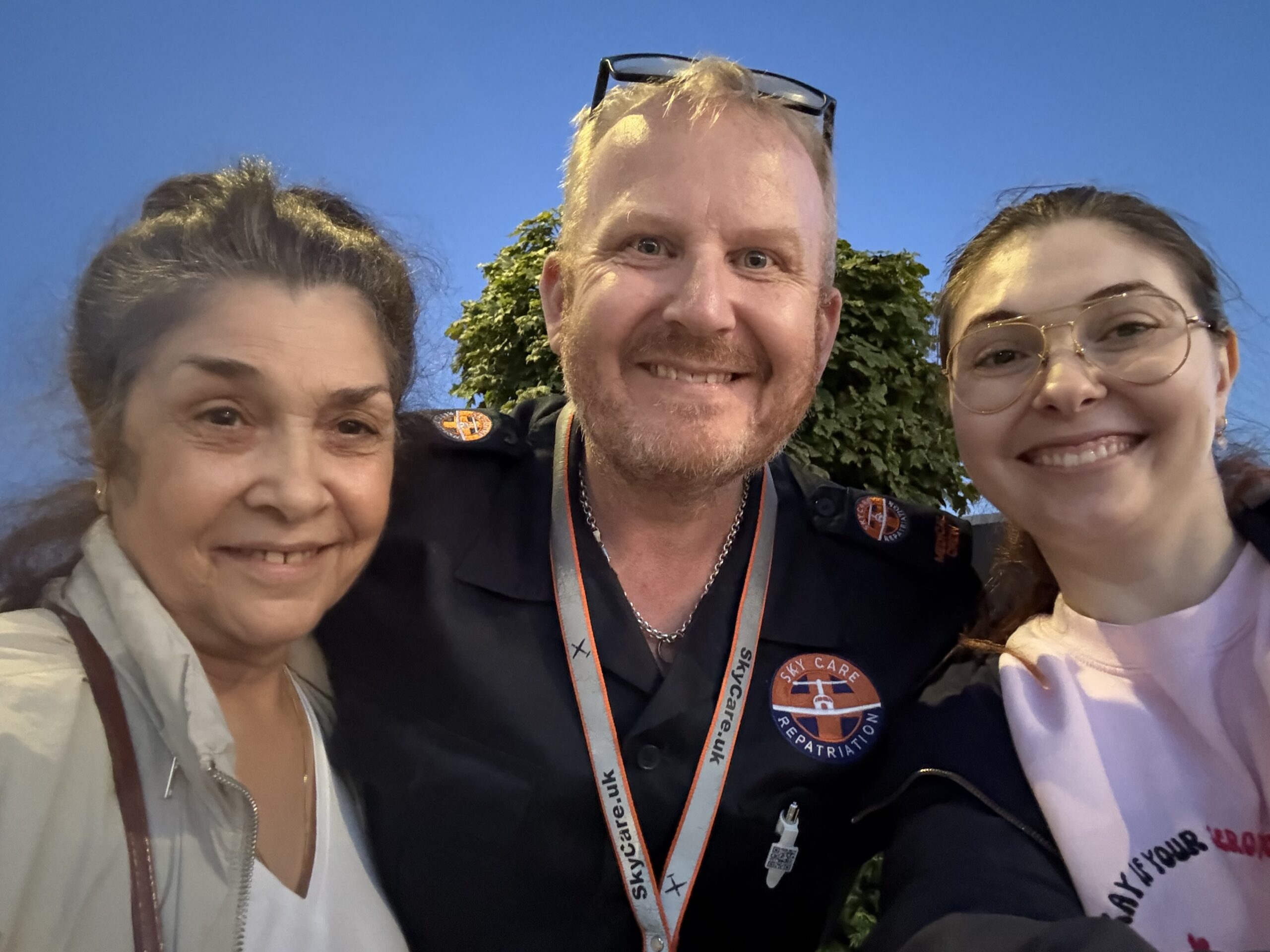



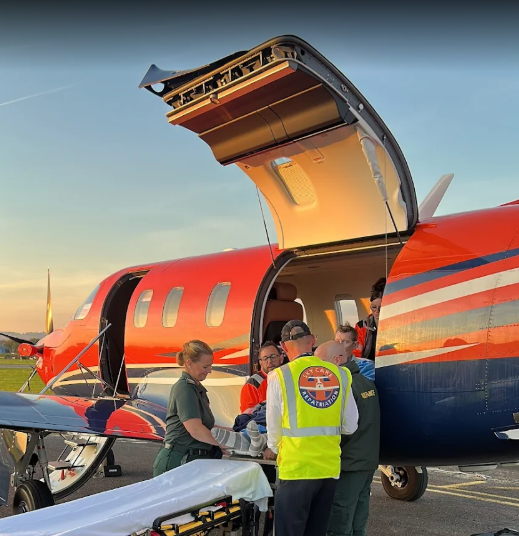
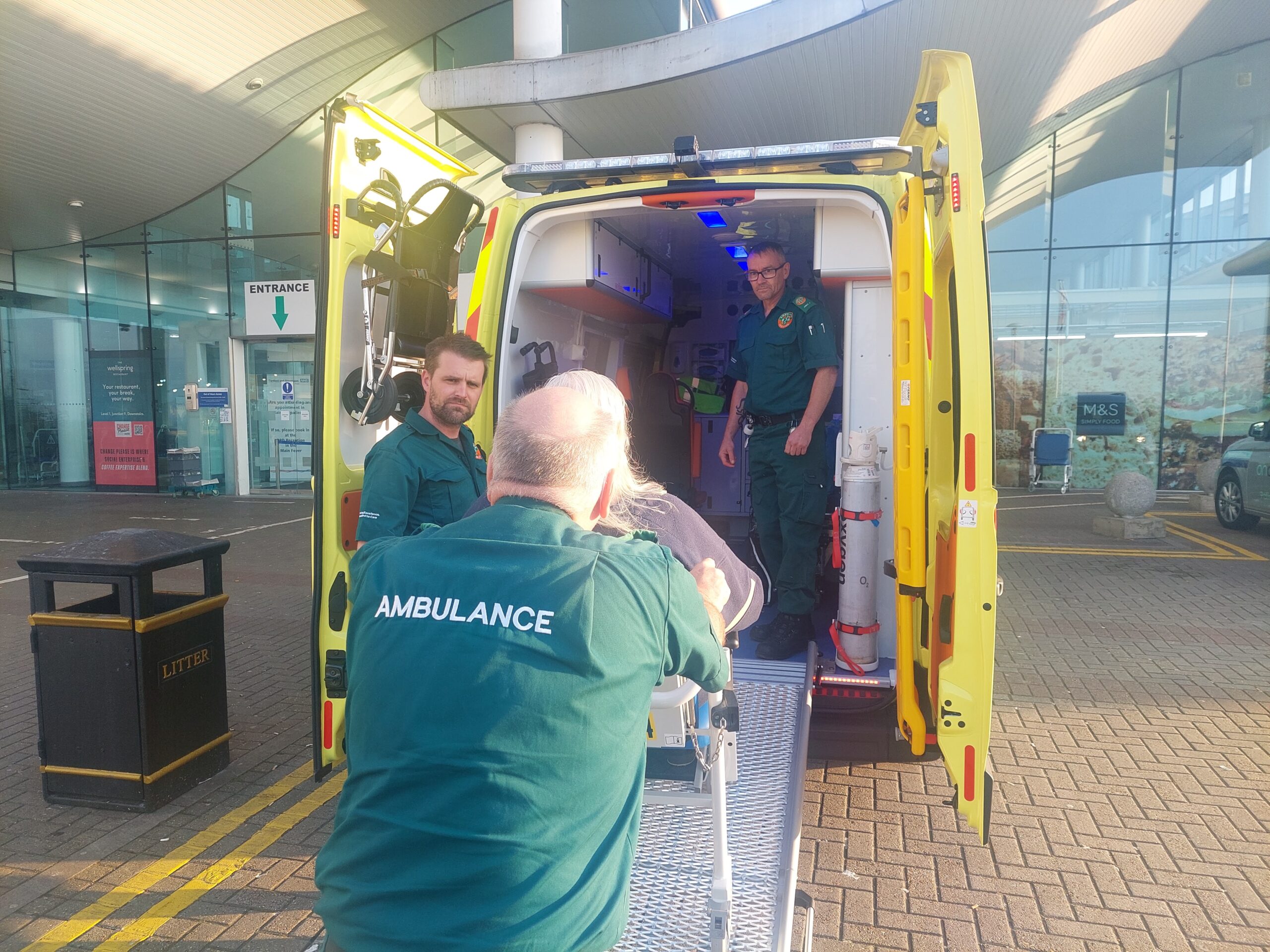
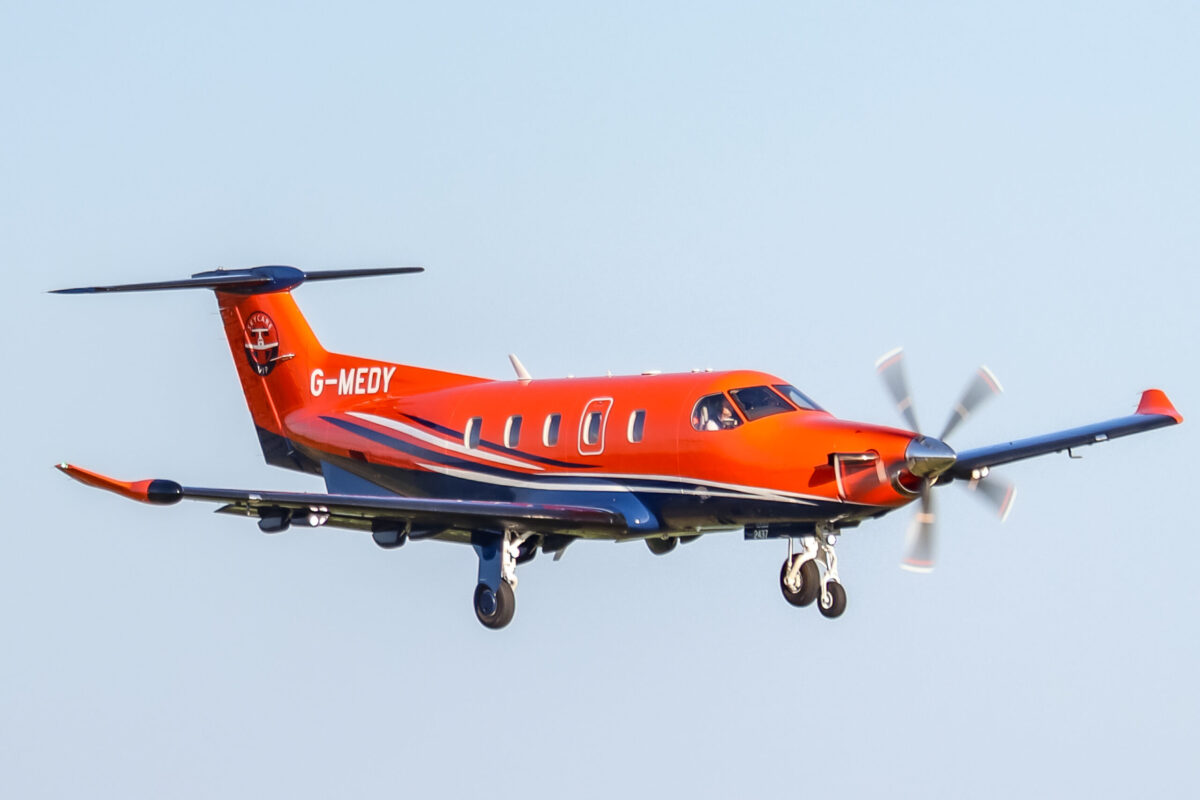

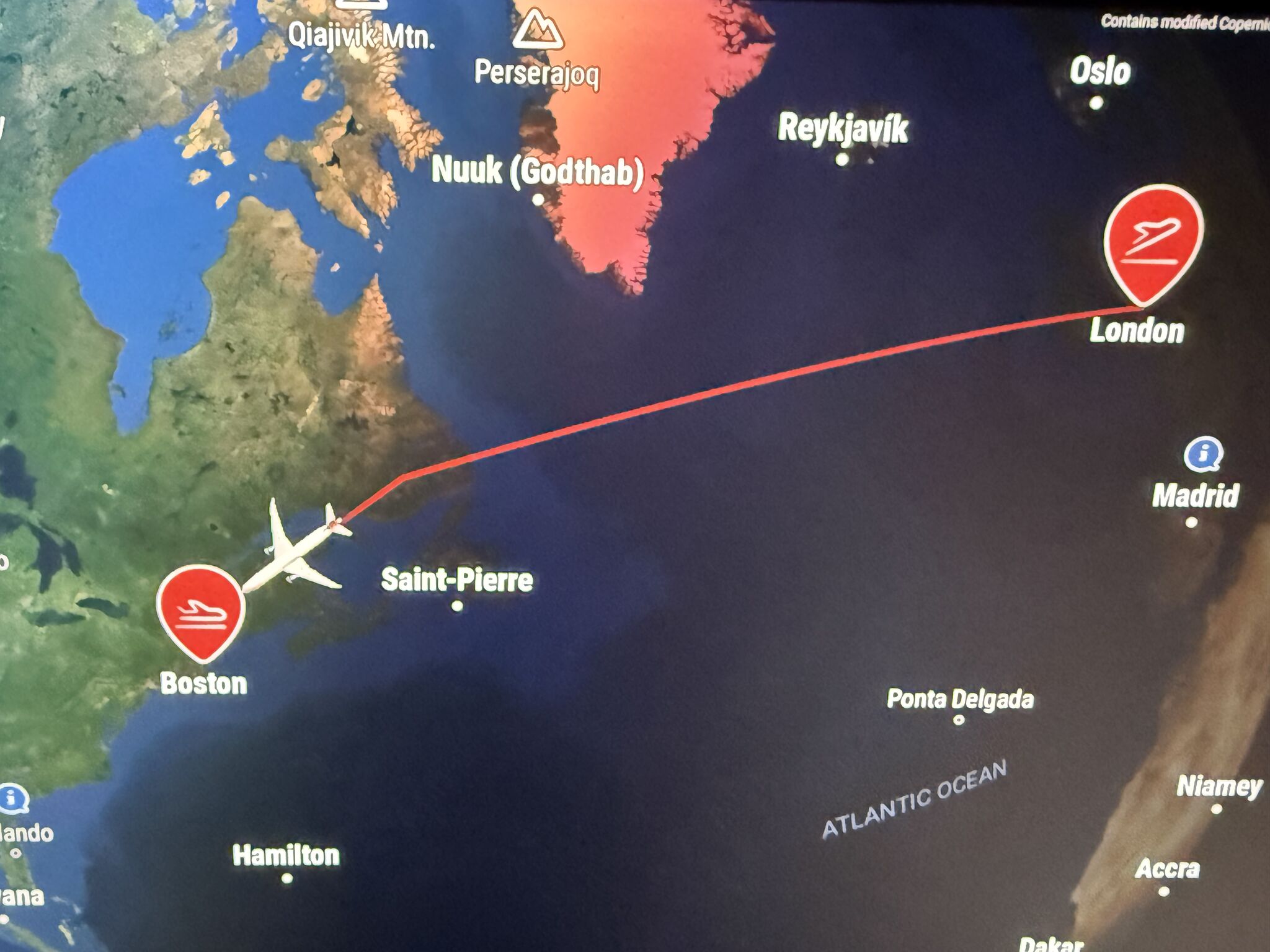


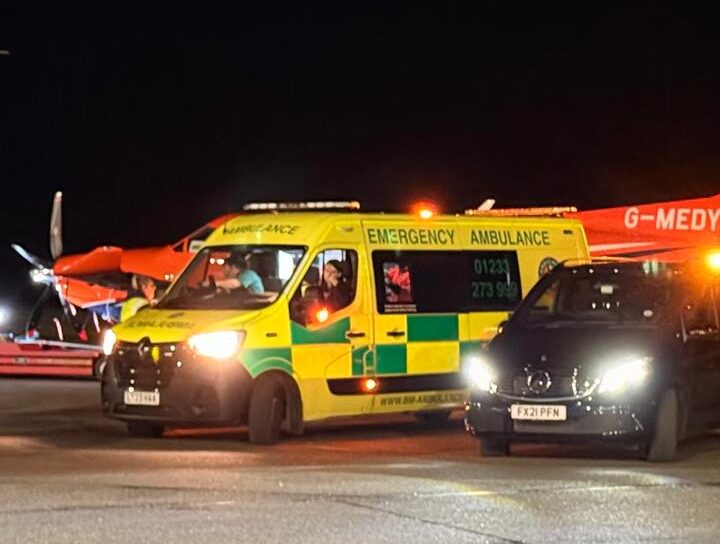
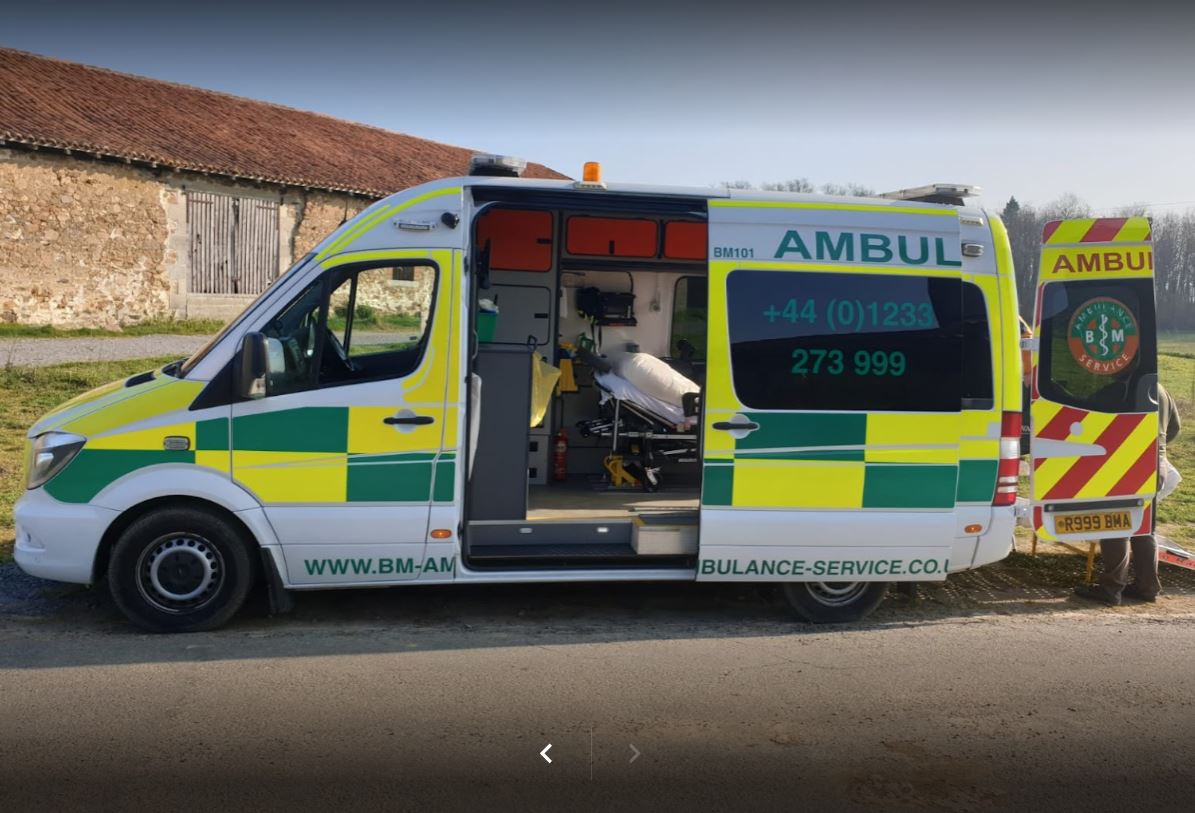
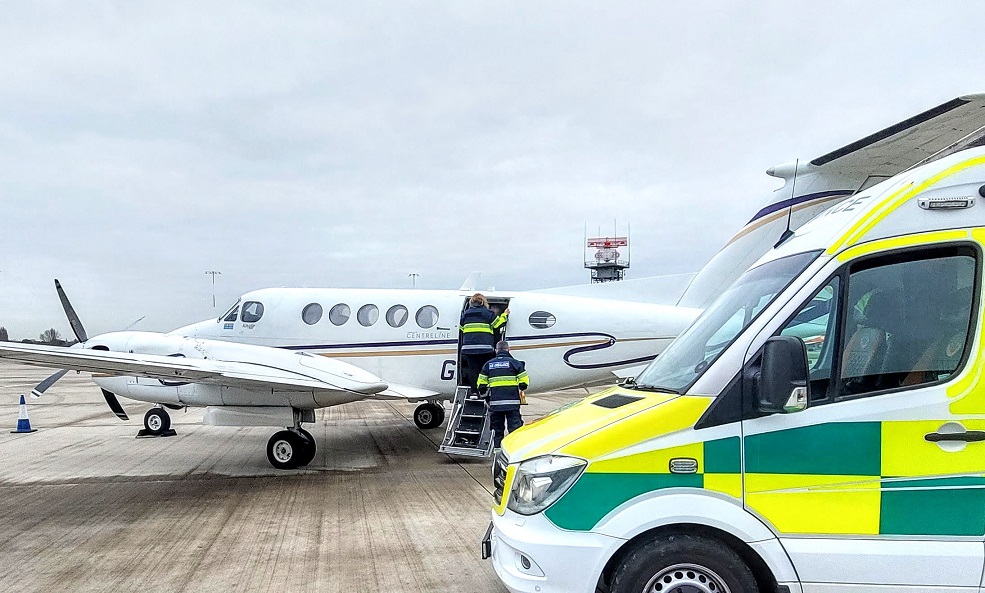


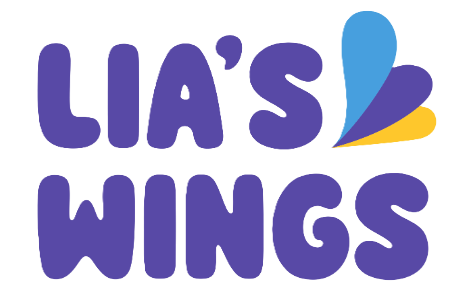

Social Anxiety Disorder
Crowded airports and close quarters on planes can be difficult with social anxiety. Here’s how to navigate it:
Social anxiety doesn’t have to stop you travelling. With small wins, your confidence grows — and every trip counts as progress.